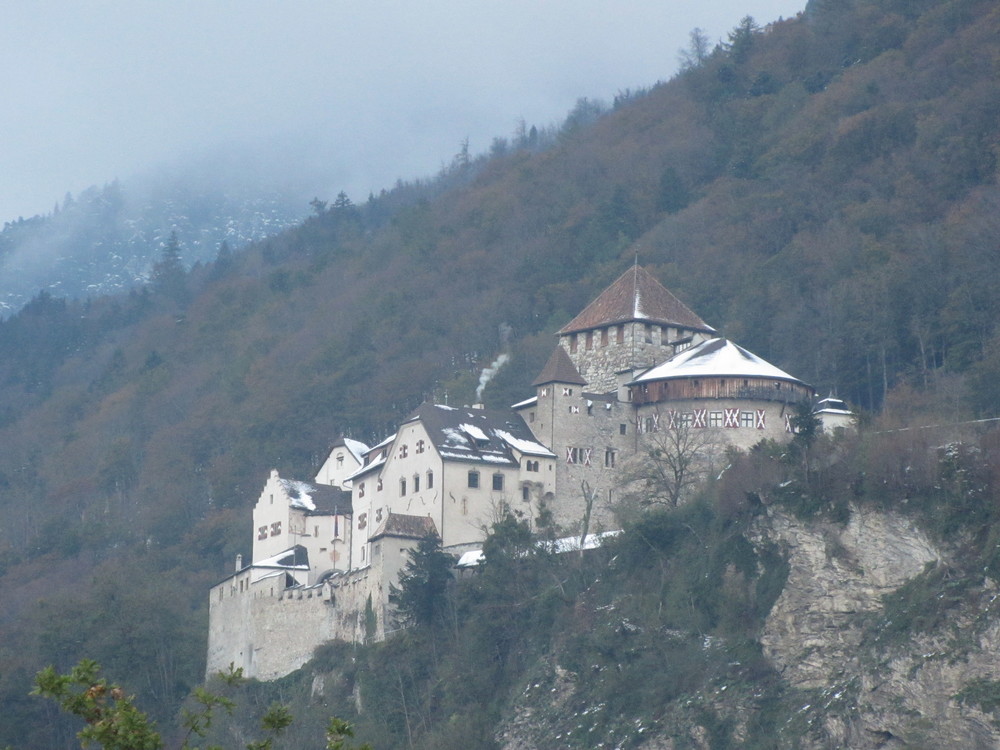Another mummer's farce gone by (and more rumors of wogs and dragons)
/I overheard an old guy ranting something in what sounded a lot like the common tongue of Westeros (Song of Ice and Fire/Game of Thrones). Readers of the books, at least, if not possibly watchers of the show, ought to be able to follow his curious ravings as well as I recall them. Maybe he was just telling tall tales. Who knows? I'm pretty sure this is what he said:

I also heard tell that the new king doesn't even use a headsman anymore. Now he's turned to sorcery! His wogs enter the spirits of dragons, swoop down and burn the king's enemies, anyone, anywhere. Just give a nod to a wog is all he has to do. Aye, a fearsome thing if true!
Nothing good can come of it though. I remember Ned Stark always swore that if a lord were going to execute a man, it ought to be by his own hand and only after hearing the man's last words with his own ears. Nowadays, just a nod.


